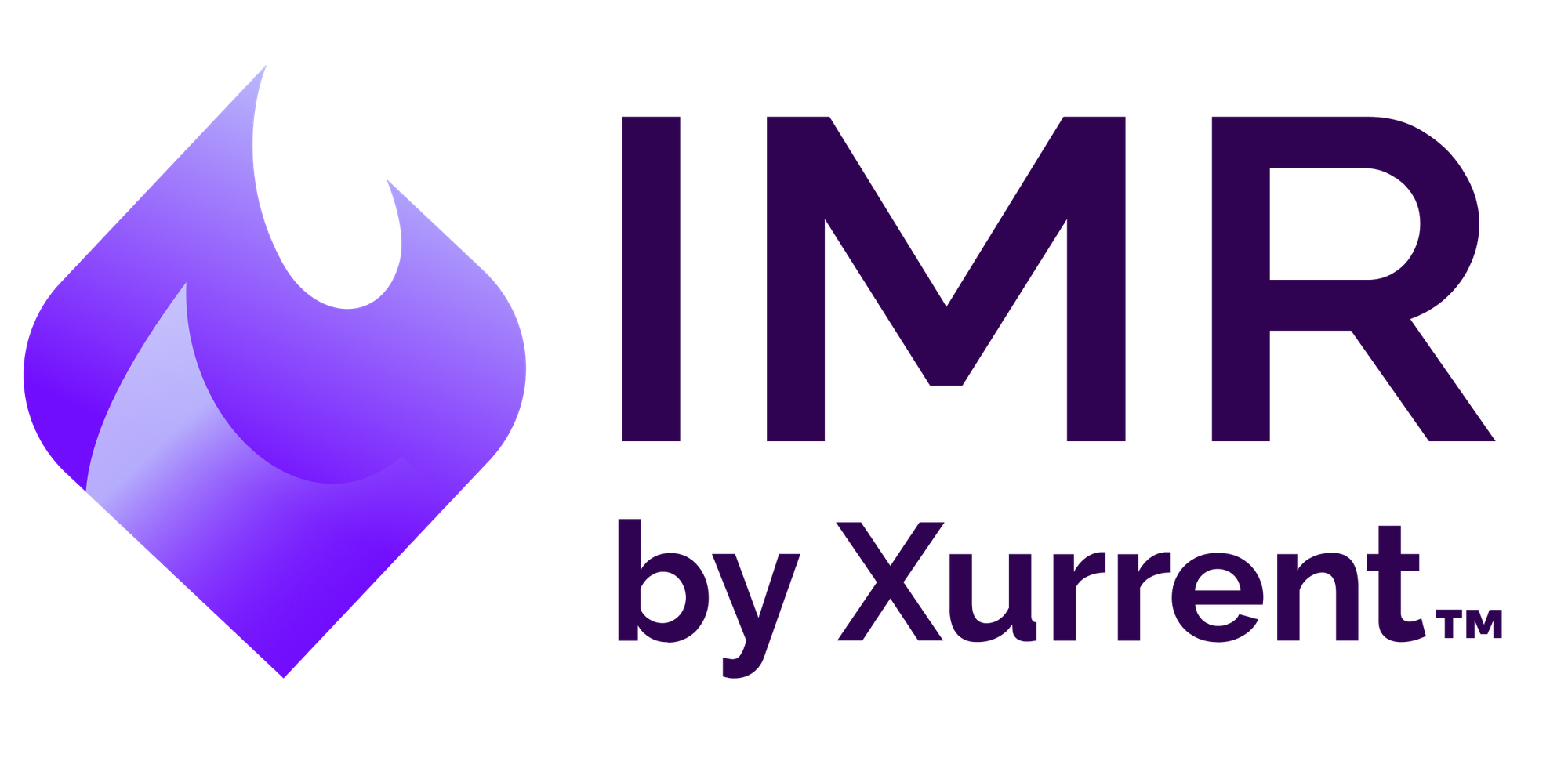Meeting Customer Support SLA's on Freshdesk Using Proactive Alerting and Escalations With Zenduty

Last updated
As businesses close more deals and add more accounts, it is still imperative for businesses to maintain their SLA levels and resolve customer support tickets within SLA timeframes. Having a solid support team is great, but supporting hundreds or thousands of users in the most efficient, cost-effective way while maintaining SLAs continues to be a challenge for the majority of companies.
An SLA policy ( service level agreement) lets you set standards of performance for your support team. They’re like a target, or a deadline, within which your team is expected to respond and resolve tickets.
Few of our users, typically account managers, VPs, sales managers, whose companies are using Freshdesk as their primary CRM often faced challenges around **ensuring **that tickets are resolved by support agents without violating SLAs. While Freshdesk does a fantastic job of moving tickets forward, teams often ended up missing SLA violation(ticket reply, ticket resolution etc.) alert emails. What they needed was a proactive alerting system that would alert them through an automated phone call, an SMS, Slack or Teams message whenever a customer ticket was about to violate or had already violated the SLA thresholds, so that they can step in and help the agent in resolving the ticket within the SLA timeframe. This is how Zenduty helped them.
Step 1: Go to the Freshdesk-Zenduty setup documentation and set up your two-way outgoing integration


Step 2: Setup Escalation policy on Zenduty
In your Zenduty Teams page, create your escalation policy for critical Freshdesk tickets. Escalation policies define who needs to be alerted(successively) when a ticket has not been responded to within a certain timeframe.

Step 3: Setup SLAs on Zenduty
In your Zenduty Teams page, create SLA definitions for different ticket priorities. Within your SLA definitions, define when and who should be notified before or after an SLA is violated. There are two SLA time conditions that can be used — time to acknowledge and time to resolve.


While the escalation policies ensure that the support operations team is alerted of critical tickets, the SLA policies ensure that the management and various stakeholders are alerted whenever a critical ticket violates SLA policies for that ticket.
While SLS breaches might not be common, it is always important to keep the customers informed, revisit your SLAs, do postmortems diligently, and most importantly setup a feedback loop with other teams to enable continuous improvement.



